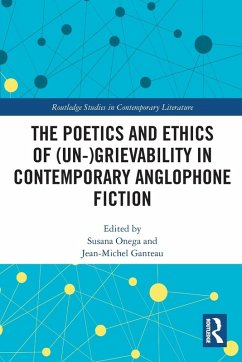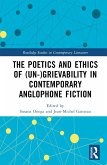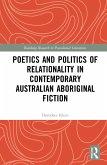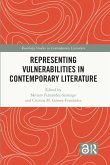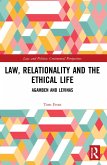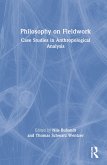The working hypothesis of the book is that, since the 1990s, an increasing number of Anglophone fictions are responding to the new ethical and political demands arising out of the facts of war, exclusion, climate change, contagion, posthumanism and other central issues of our post-trauma age by adapting the conventions of traditional forms of expressing grievability, such as elegy, testimony or (pseudo-)autobiography. Situating themselves in the wake of Judith Butler's work on (un-)grievablability, the essays collected in this volume seek to cast new light on these issues by delving into the socio-cultural constructions of grievability and other types of vulnerabilities, invisibilities and inaudibilities linked with the neglect and/or abuse of non-normative individuals and submerged groups that have been framed as disposable, exploitable and/or unmournable by such determinant factors as sex, gender, ethnic origin, health, etc., thereby refining and displacing the category of subalternity associated with the poetics of postmodernism.
"The Poetics and Ethics of (Un-)Grievability in Contemporary Anglophone Fiction offers a strong and complete study of different modalities of (un-)grievability in a variety of settings that stands as both relevant and thought-provoking. The authors fulfil the task of providing a nuanced study of Butler's critical concepts and the volume proves to be useful for anyone interested in trauma, vulnerability and grievability in a wide array of contexts based on timely issues. It succeeds in its epistemological task, and it constitutes a key contribution to the field."
- PAULA RUSTARAZO GARZÓN, for Nexus 2023
- PAULA RUSTARAZO GARZÓN, for Nexus 2023

